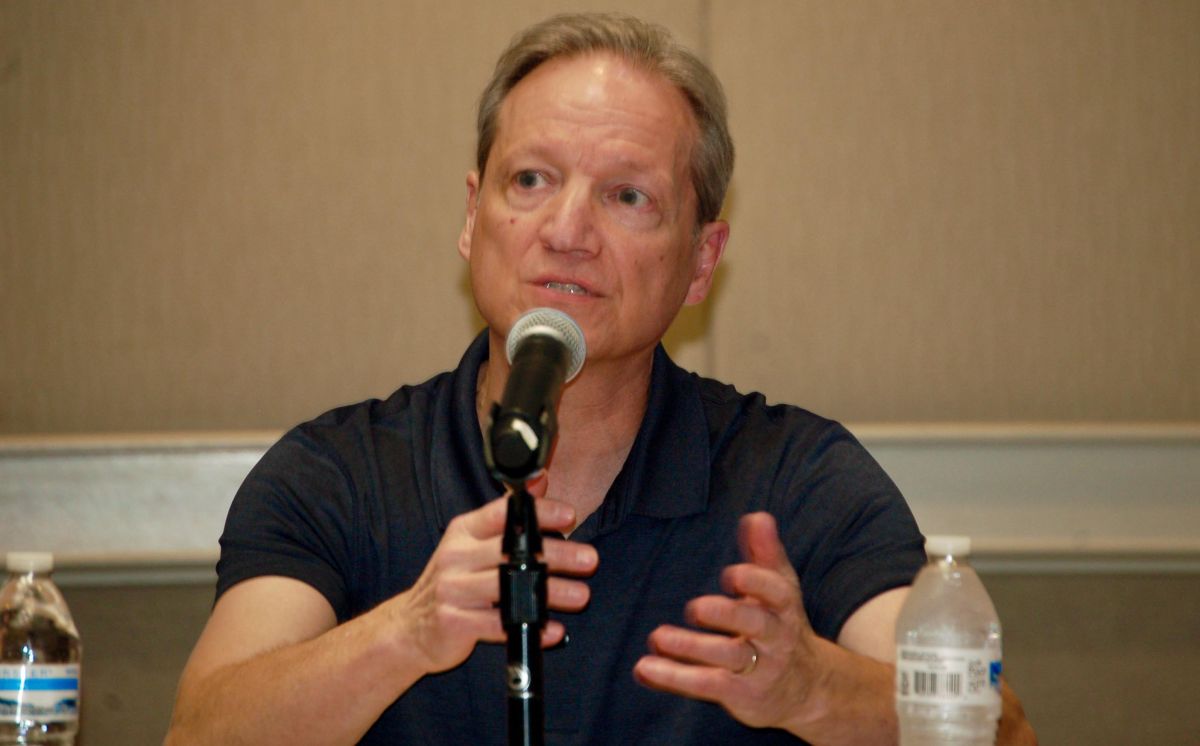The California Department of Insurance receives about 50,000 written complaints a year, about 42% of which involve auto insurance. Of those, about 10% come from shops.
“Yes, we do handle body shop complaints,” Tony Cignarale, the agency’s deputy commissioner of consumer services, told attendees at a Society of Collision Repair Specialists open board meeting in Palm Springs in January. “I know some [state insurance] departments don’t, and there was a time a few decades ago when we didn’t either.”
Cignarale opened his presentation at the meeting by noting he’s an attorney but grew up in a body shop family.
“My first day at the shop was very interesting,” he said. “I was 3 years old, and my father was in the paint booth. I saw this bright green paint on the bench, and I thought, that’s cool. So I grabbed it, but there was no lid on the can. And I got showered with green paint. So it took about three weeks to get rid of the green. That’s when I think I really knew that this was not the career for me.”
Cignarale was asked about various aspects of state regulations involving body shops and insurers. One such regulation requires insurers in California to identify each line of an estimate that was adjusted and, if challenged, provide support showing that each of those changes was reasonable. But shops there say insurers often don’t provide any support for the changes, or just say some charge “isn’t customary in the market.” Cignarale was asked if such a statement was an adequate support that an adjustment was reasonable.
“In our opinion, no,” Cignarale said. “Our first stop is: What’s in the software program that was used. ‘Not customary.’ What does that mean? Does that mean they have an agreement with their DRP shops that they’re not going to [charge for] those operations and then they’re using that as a basis? That wouldn’t be sufficient for us to accept. So it really kind of depends on the issue, but at the get-go merely that is not enough.”
But like two other state insurance commissioners who spoke at SCRS meetings last year, Cignarale said his department can only do what state laws allow it to do.
“We do get some tension…with regard to some of the outcomes because we’re not a judge, we’re not a jury,” he said. “We don’t say, OK, you want five hours for this operation, they said two, so we’re going to split it the middle and say three. We don’t have that authority.”
Cignarale was asked how shops in other states could better get their state insurance department to regularly interact with the industry as his has. He said some of it can be a staffing issue. When he tells those from other states’ insurance regulatory agencies he has 190 people handling complaints---often specializing in auto, home or health insurance issues---those other states may point out they have only 50 people in their whole department, with three generalists handling all complaints. But he recommended having a state association try to set up a virtual meeting with insurance regulators as a way to “get a foot in the door.”
“Try to make that connection and maybe offer to put in most of the legwork” for setting up and promoting the meeting to the industry, Cignarale suggested. “We could put in the legwork [on virtual meetings held with the industry in California], but in other states, the associations may have to put in a lot of the work to get things rolling.”











John Yoswick